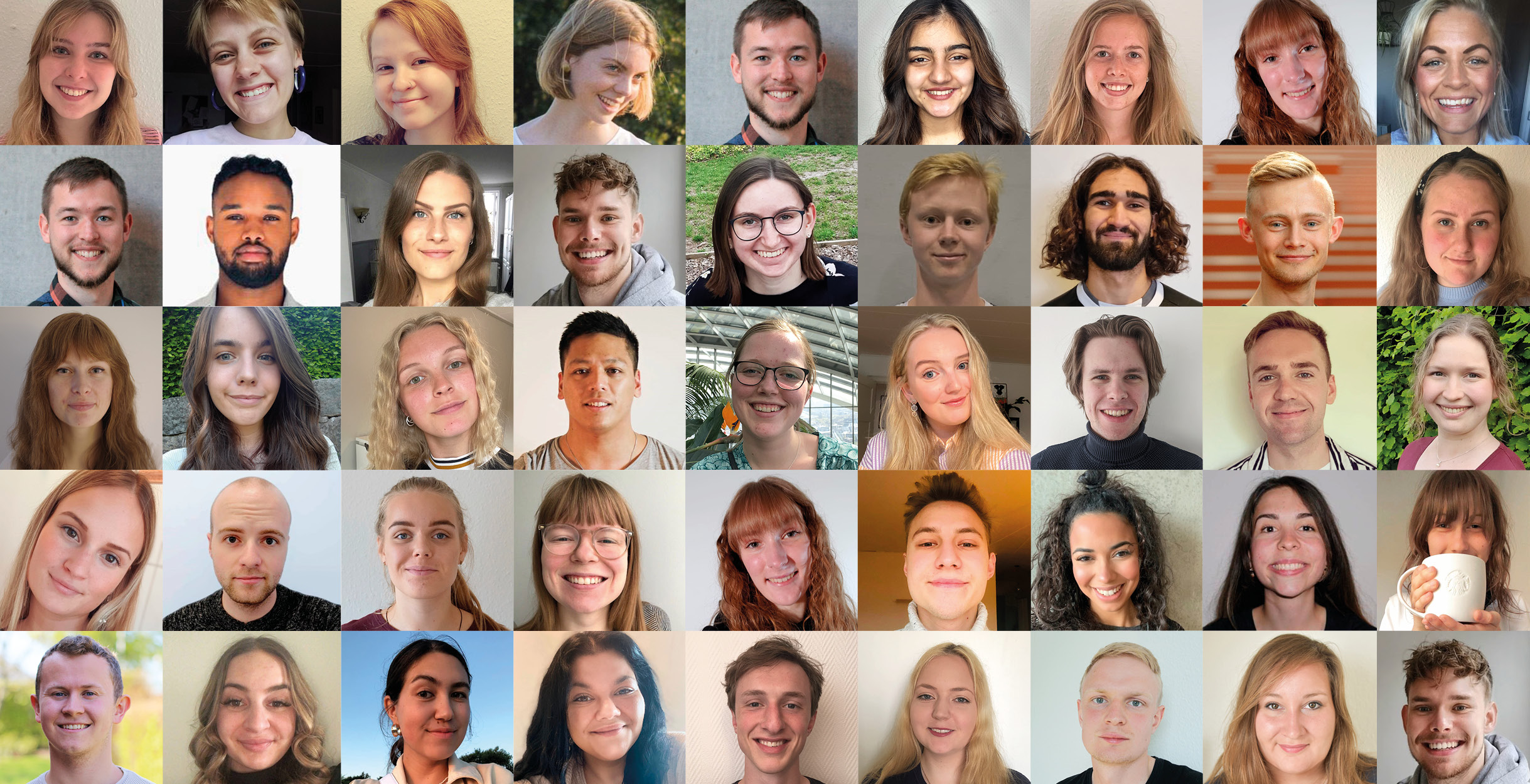The master’s degree programme in Public Health Science develops your expertise in political, social and economic approaches to improving the health of populations and population groups. We focus on key aspects such as global health, health economics and health promotion. The teaching and diverse study environment with international students ensures that students gain the necessary skills and knowledge to tackle complex public health challenges locally, nationally and globally.
Public health interventions are aimed at detecting and reducing inequality between different groups in society by making decisions. But how can action be taken to support people in making healthy choices? What health economic perspectives can be applied when it comes to organising interventions and how do we ensure they are economically efficient? Another key question is: how do we organise prevention campaigns so that they benefit those who are most in need?
New international crises such as war in Europe and climate change are putting pressure on our healthcare system and may lead to increased migration. How can migrants’ health be safeguarded? Will the climate crisis lead to new pandemics? These and many other questions are addressed in our public health programme, where policy analysis is combined with behavioural science, medicine, sociology, epidemiology and statistics.
With an MSc degree in Public Health Science, you can help improve public health by working with health economics and health promotion at local, national and international levels. For example, by analysing and assessing the effect of different initiatives and measures among the population. You will be qualified to work with, for instance, health planning, development, counselling, economic evaluations, teaching and research in relation to disease prevention and health promotion.
Choose from three specialisations
The University of Southern Denmark offers three specialisations in public health science:
- Global Health and Equity (Esbjerg)
- Health Economics and Policy (Esbjerg)
- Implementation and Evaluation (Odense)



